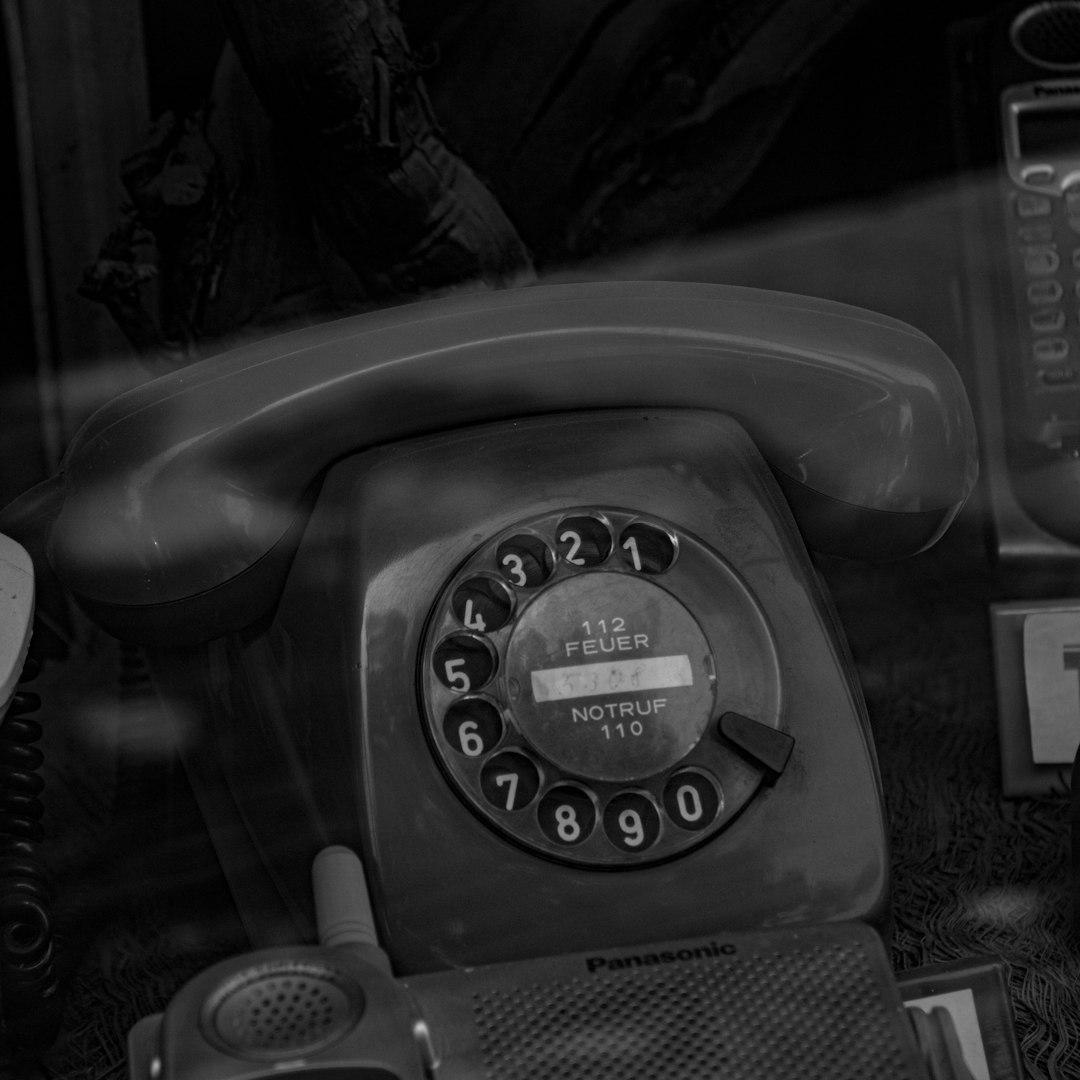Nebraska's strict texting ban law prohibits drivers from sending or reading text messages while behind the wheel, with fines as a secondary offense. Do Not Text Lawyers and Attorneys in Nebraska offer guidance on navigating these regulations, especially for those charged under the spam call law. Staying informed about Do Not Text Laws, including exceptions for emergencies, is crucial for drivers to avoid penalties and ensure public safety on Nebraska's roads.
Nebraska has joined the movement to curb distracted driving by enforcing a texting ban as a secondary offense. While this may seem like a step in the right direction, understanding the nuances of the law is crucial. This article explores Nebraska’s Do Not Text laws, covering what they entail, potential consequences, and exceptions. If you’re facing charges or need guidance on navigating these regulations, considering consulting with a Do Not Text Lawyer or Spam Call Attorney in Nebraska who specializes in Do Not Text Laws.
Understanding Nebraska's Texting Ban Law

Nebraska’s texting ban law, often referred to as a secondary offense, has been implemented to enhance road safety. This means that while driving, it is illegal to send or read text messages, or engage in any activity that distracts you from safely operating your vehicle. The primary focus of this regulation is to prevent accidents caused by driver distraction.
Under the Do Not Text Lawyer Nebraska (or Do Not Text Attorney Nebraska) rules, individuals face penalties if they use their phones for non-emergency purposes while behind the wheel. This includes sending messages, accessing social media, or any activity that takes your attention away from driving. Law firms in Nebraska must also adhere to the Spam Call law, ensuring their marketing practices respect the privacy and peace of mind of residents. The Do Not Text Laws Nebraska are strictly enforced, and those found guilty may face fines, making it crucial for both drivers and lawyers to stay informed about these regulations.
What Does the Law Cover?

In Nebraska, the Do Not Text law, also known as the texting ban, primarily focuses on preventing individuals from sending or reading text messages while operating a motor vehicle. The law covers a range of activities typically associated with distracted driving, including but not limited to, sending or receiving texts, accessing social media apps, and composing new messages. Specifically, it prohibits drivers from holding any mobile device in their hand or close to their face while the vehicle is in motion. This means no Do Not Text Lawyer Nebraska or Do Not Text Attorney Nebraska while driving—it’s against the law to even attempt these actions.
Moreover, the law extends beyond just texting; it also addresses making or receiving hands-free calls (but only if they require active participation). While this might seem like a secondary offense, it has significant implications for public safety. With the rise of spam call laws, firms in Nebraska must also be mindful of unsolicited text messages and calls from unknown numbers, as these could potentially lead to legal issues under the Do Not Text Laws Nebraska. A lawyer specializing in these laws can offer guidance on navigating this complex landscape, ensuring compliance, and mitigating potential penalties.
Consequences and Exceptions

In Nebraska, a texting ban is enforced as a secondary offense, meaning that a driver can only be cited for texting if they are also found to be violating another traffic law. The consequences for those who do not adhere to this rule include potential fines and penalties, which can vary depending on local regulations. If caught texting while driving, individuals may face charges ranging from a simple warning to a substantial fine, often accompanied by points on their driver’s license.
While the primary purpose of these laws is to enhance road safety, there are exceptions that should be noted. For example, emergency situations allow for limited texting, such as when contacting emergency services or a designated 911 operator. Additionally, law enforcement officers and first responders may have specific guidelines permitting them to text in certain circumstances related to their official duties. However, the onus is on drivers to understand and comply with these Do Not Text Laws Nebraska, ensuring they seek advice from a qualified Do Not Text Attorney Nebraska or lawyer for Do Not Text Laws Nebraska if they are unsure about their rights and responsibilities under this legislation, and to be mindful of the potential repercussions of violating these regulations, including facing charges through a spam call law firm Nebraska.
Your Rights and Resources

If you’ve been pulled over in Nebraska for texting while driving, your rights and options may seem confusing. It’s important to know that you do have legal protections and resources available. In Nebraska, texting while driving is currently considered a secondary offense, meaning law enforcement can only ticket you if they’ve first observed a violation of the primary traffic law, like speeding or running a red light. This doesn’t mean texting isn’t dangerous; it simply affects how officers enforce the law.
If you’re facing charges related to do-not-text laws in Nebraska, consider reaching out to a local Do Not Text Lawyer or Do Not Text Attorney. These professionals specialize in traffic violations and can guide you through the legal process, ensuring your rights are protected. There are also resources available from law firms that cater to spam call and text message regulations under Nebraska’s Do Not Call laws. Don’t hesitate to explore these options; having a dedicated advocate by your side could make all the difference in the outcome of your case.






